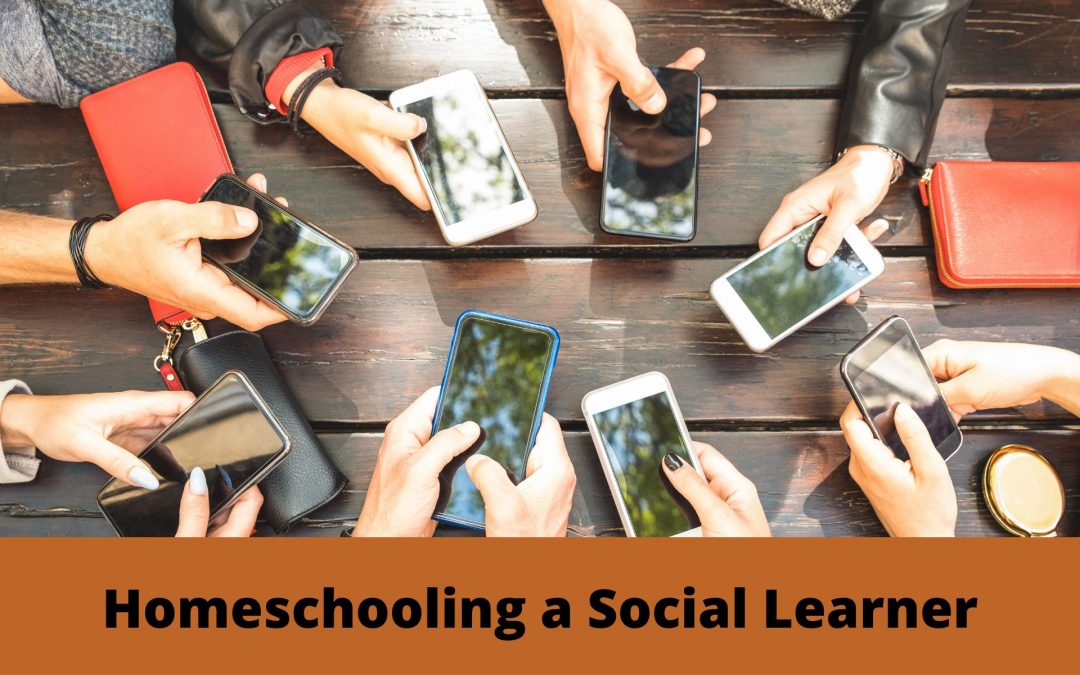A social learner is also known as an interpersonal learner, which means your child learns better in a group. Group settings have the advantages of feeding off one another by sharing ideas and utilizing vital teamwork skills. However, working with others may be a challenge for homeschooled children. Thankfully, there are plenty of actions to implement that allow a child to participate in group activities and tune into their social learning style.
Community Engagement
A community has terrific perks that bring people together. Technology holds integrated features where societies can lean on one another for assistance and develop a connection. Being a part of a community is an asset to many social individuals that are learning from home. The Global Student Network is keen on providing homeschooling opportunities to children with plenty of resources to not go at it alone!
Virtual Study Groups
A study group can be done in the comfort of your own home with other homeschooling or virtual learning families within the area. However, the easiest way—especially during a pandemic—is to hold virtual study hours. You can get in touch with your homeschool organization and families within the homeschooling network to set up times where your child can do group projects and study various lessons over a video conference. Video chatting enables social learners to better grasp the material in the environment best for them while still being out of in-person classrooms.
Access Forums
The internet provides a multitude of forums where like-minded and similar situational individuals can communicate and connect with a deeper understanding. It is best to monitor these forums and search out the right ones for your child. These communities are a great source to have, and it supplies people with the capability to grow their communication skills while not having to face their journey alone. There are plenty of education-based discussion boards that aid one another in their learning endeavors, no matter the grade level.
Book Clubs
Like virtual study groups, a book club can act as a hobby for children that continues their growth and understanding. Most book clubs will read parts of a novel before the club meeting, where a discussion happens that greatly fosters critical thinking. Hosting or signing up for a book club allows a person to better digest reading material and develop new perspectives and points of view that could have gone unnoticed.
Family Time
Merging families into studies can be done by watching documentaries, playing flashcards, or a DIY educational board game. Family time for social learners is best for blending families into projects and studying. Use the entire family to create a group activity that prospers your social child. Some children like to go at their schoolwork alone, but if your child is different, build learning activities that mix with some family fun!
Get in touch with one of the highest quality networks that help you and your child conquer their homeschooling curriculum every step of the way!
HomeschoolFacts.com has a complete list of support groups to help support you in your homeschooling endeavors and connect with homeschoolers near you. You can search the list of support groups here: https://www.homeschoolfacts.com/homeschool-support-groups.html

